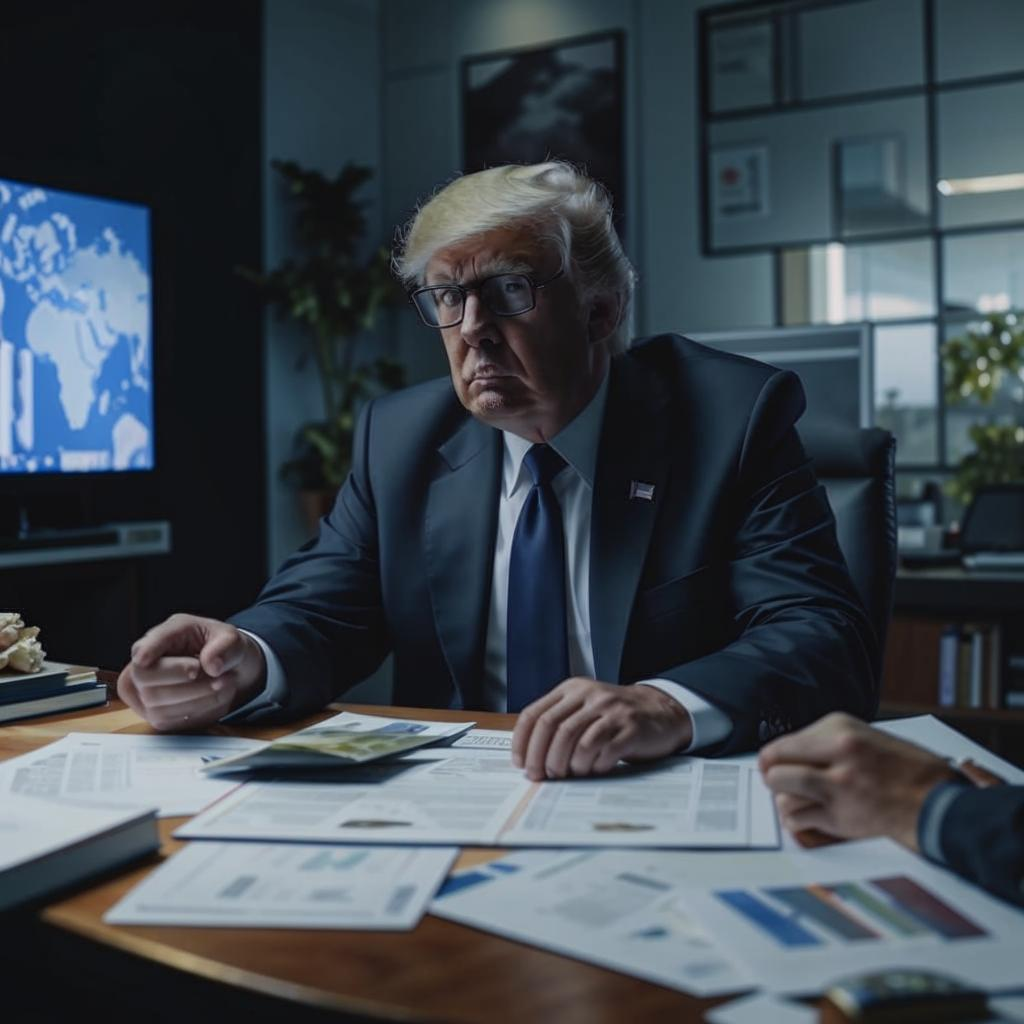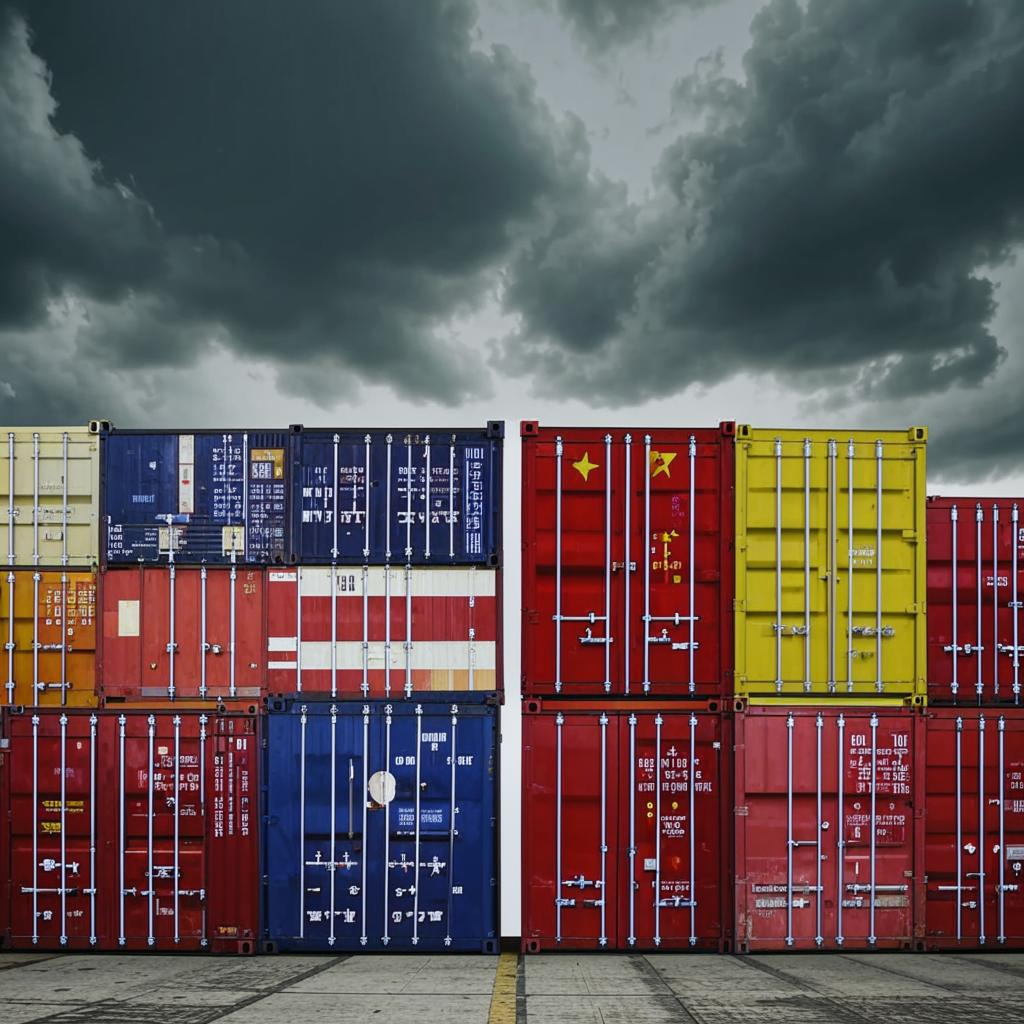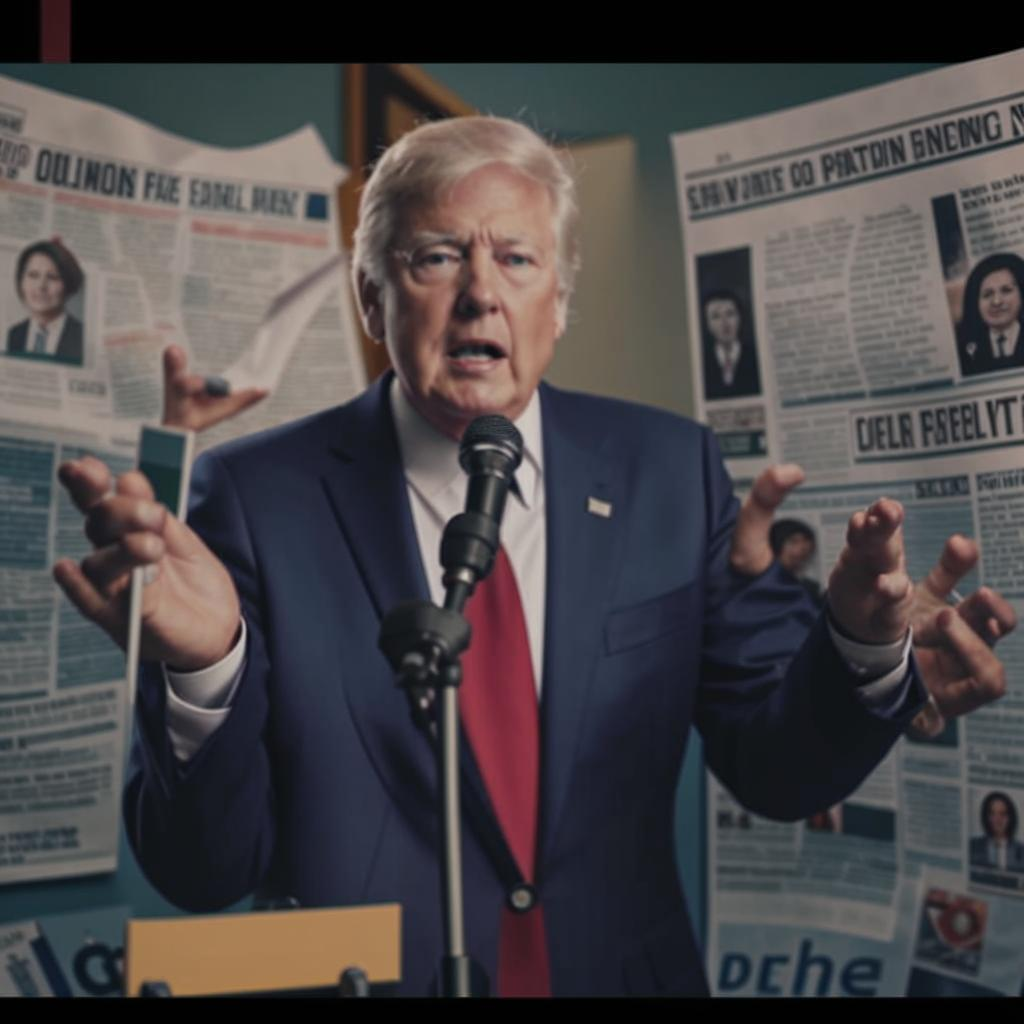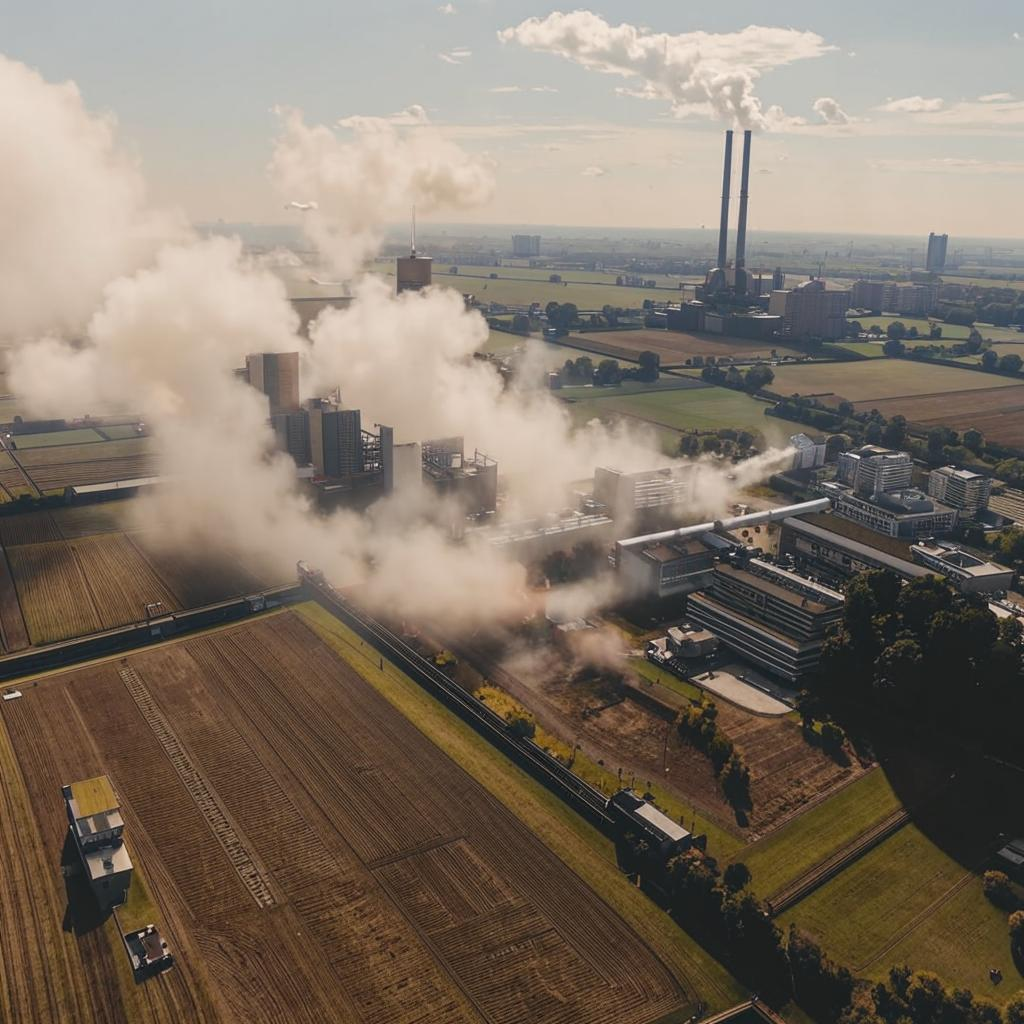Amidst turbulent market conditions, former President Trump is doubling down on his imposition of tariffs, raising concerns among economists and trade experts. His unwavering stance on tariffs, particularly concerning imports from China and other major trading partners, is injecting further instability into an already fragile global economy.
Trump’s core argument centers on the idea that tariffs will protect American industries, encourage domestic production, and reduce the trade deficit. However, critics argue that these tariffs ultimately hurt American consumers through higher prices, disrupt supply chains, and invite retaliatory measures from other countries, escalating trade wars.
The recent market volatility can be partially attributed to the uncertainty surrounding Trump’s tariff policies. Businesses are hesitant to invest and expand when the future of trade relations remains unclear. Moreover, the tariffs have led to increased costs for manufacturers, who often pass those costs on to consumers.
Despite the negative consequences, Trump remains steadfast in his belief that tariffs are an effective tool for achieving his economic goals. He has even threatened to impose additional tariffs if other countries do not comply with his demands. This aggressive approach has created a tense and unpredictable trade environment, leaving businesses and investors on edge. The long-term impact of Trump’s tariff policies on the global economy remains to be seen, but the immediate effects are already being felt in the form of market volatility and increased economic uncertainty.














